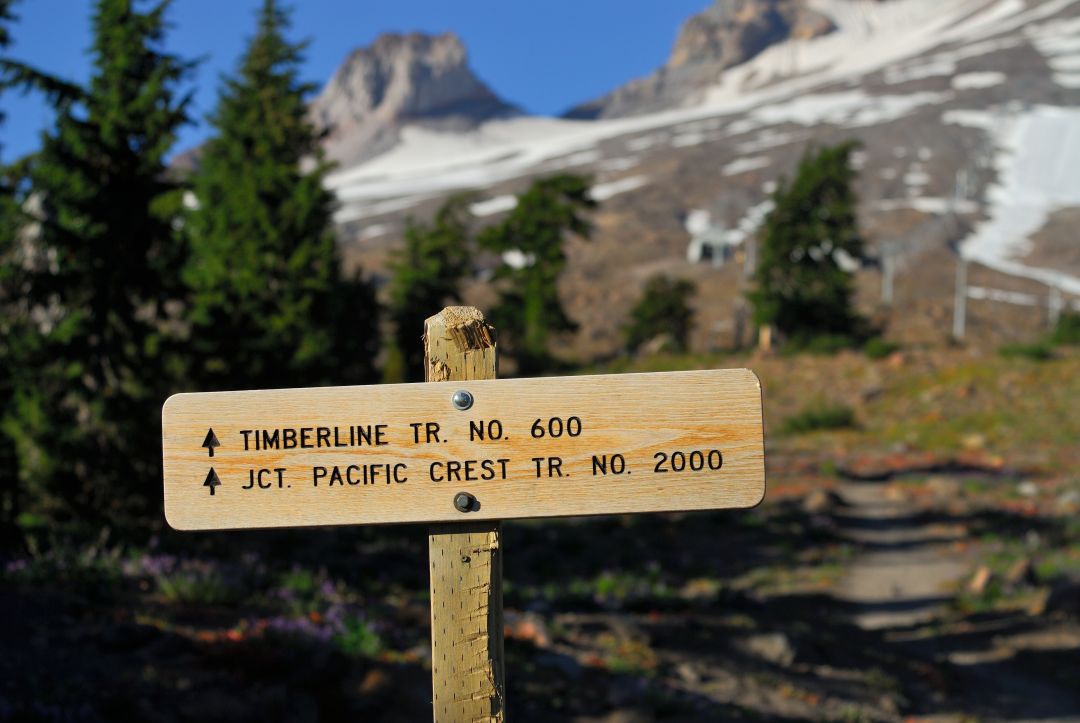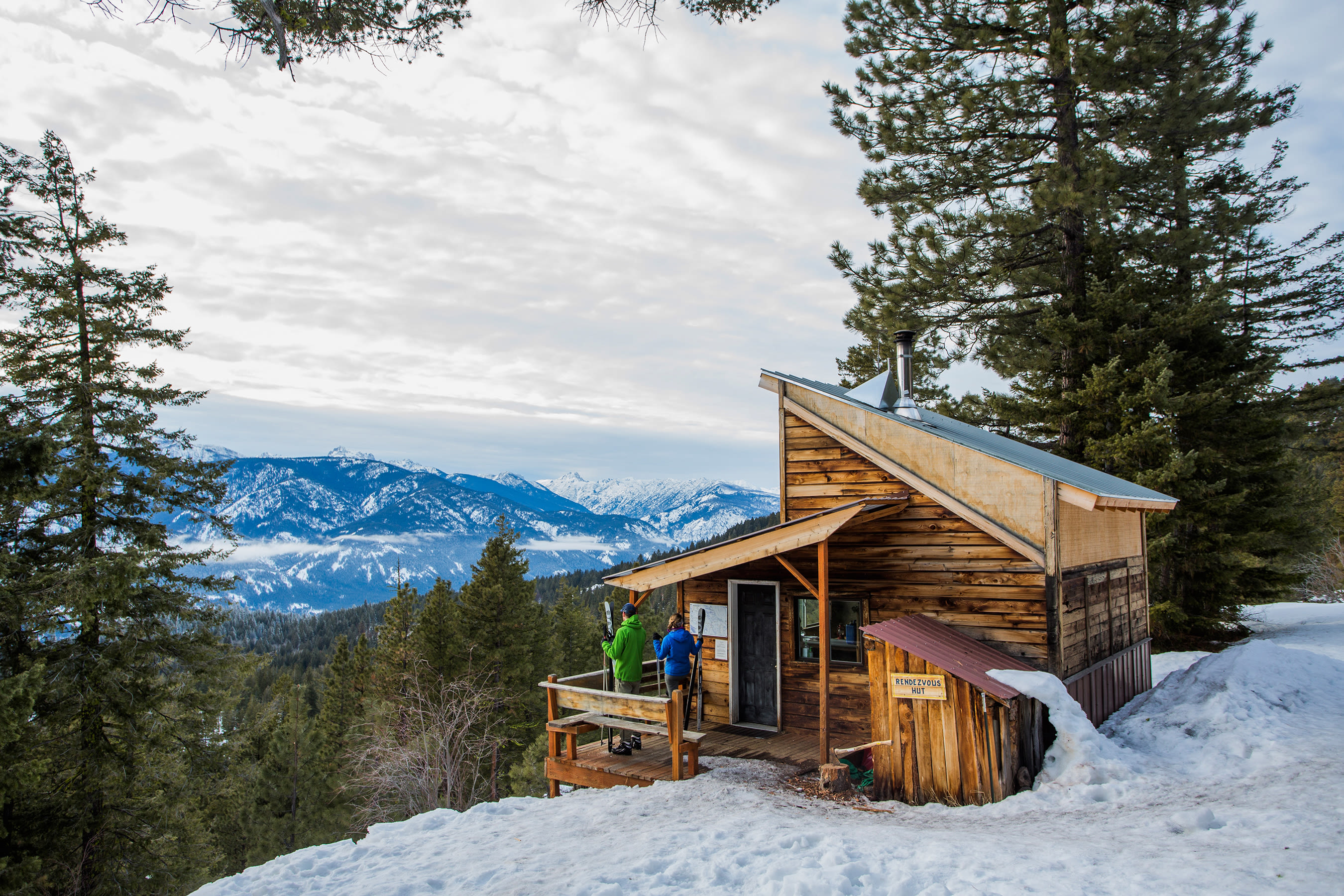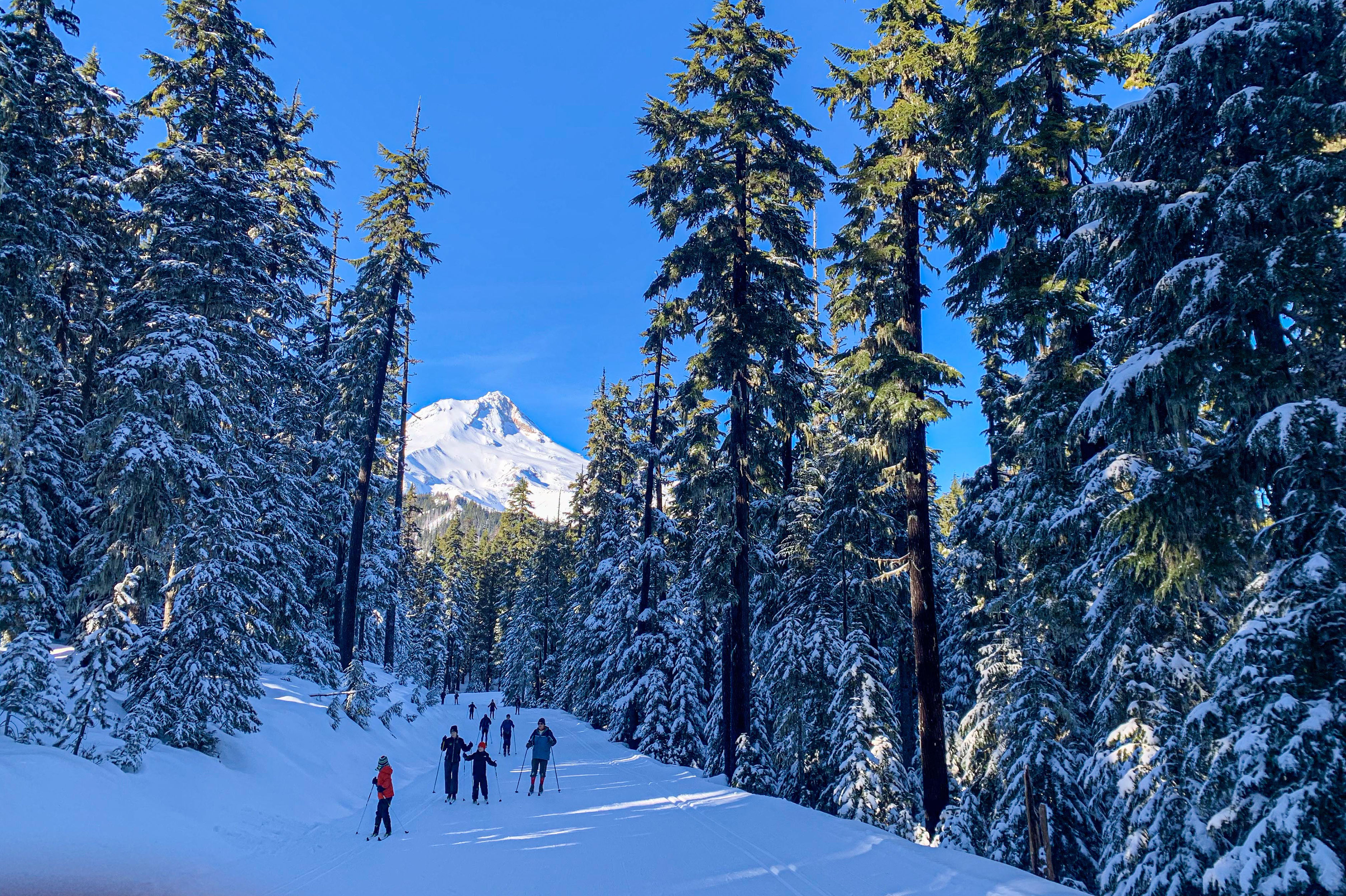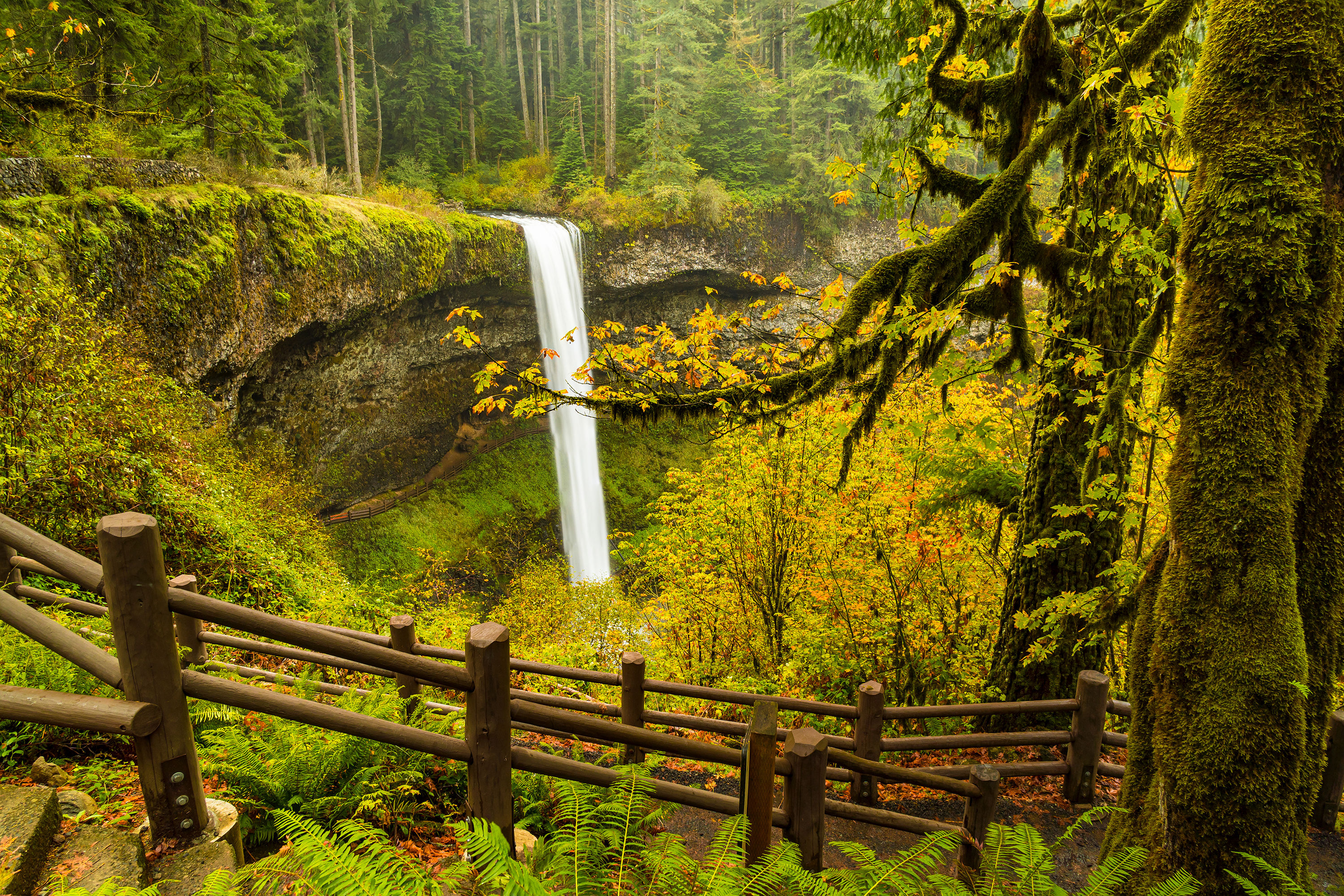The Region’s National Forests, From Mt. Hood to Southwest Washington, Have Officially Closed Borders

Timberline Trail on Mt. Hood
Image: Shutterstock
Just three days after the Columbia River Gorge’s “Waterfall Corridor” shut down for fear of spreading coronavirus between throngs of cooped-up visitors, the US Forest Service has locked the gates to seemingly every wilderness area within a few hours of Portland. That includes Mt. Hood, the entire Columbia River Gorge stretching east to the Deschutes River, and Gifford Pinchot—over 1.3 million acres in southwest Washington including Mt. Adams and Mount St. Helens.
For the Columbia River Gorge and Gifford Pinchot, this not only includes developed sites like trailheads and campgrounds, but, essentially, anything shaded green on a USGS hiking map. “Forest Service staff are implementing the closures today by posting signs and, in some cases, gating or barricading developed recreation sites. The closures will remain in effect until further notice.” The Forest Service is being especially thorough in this regard. In Southwest Washington, even forest roads frequently used for dispersed camping (FS roads 81, 83, and 90) are closed to anyone who is not a permanent local resident.
“After conducting a risk analysis of Forest Service recreation sites within the Columbia River Gorge National Scenic Area, it became apparent that there are too many people converging on both developed and unofficial recreation sites to ensure proper social distancing. Crowd sizes were too large to comply with current health authority guidelines,” explained Rachel Pawlitz, public affairs officer for the Gorge, in a statement Thursday afternoon.
In the Mt. Hood National Forest, technically only developed recreation sites are off-limits for the time being: campgrounds, day-use sites, sno-parks, trailheads—really anywhere you’d want to stomp around outside of snow-covered dispersed camping.
“We acknowledge that this closure comes at a time when many were seeking respite in natural areas,” says Lynn Burditt, the Gorge's federal forest supervisor. “However, this is a temporary pause to help health authorities get the COVID-19 pandemic under control. Thank you for doing your part to help prevent the spread of the disease.”




